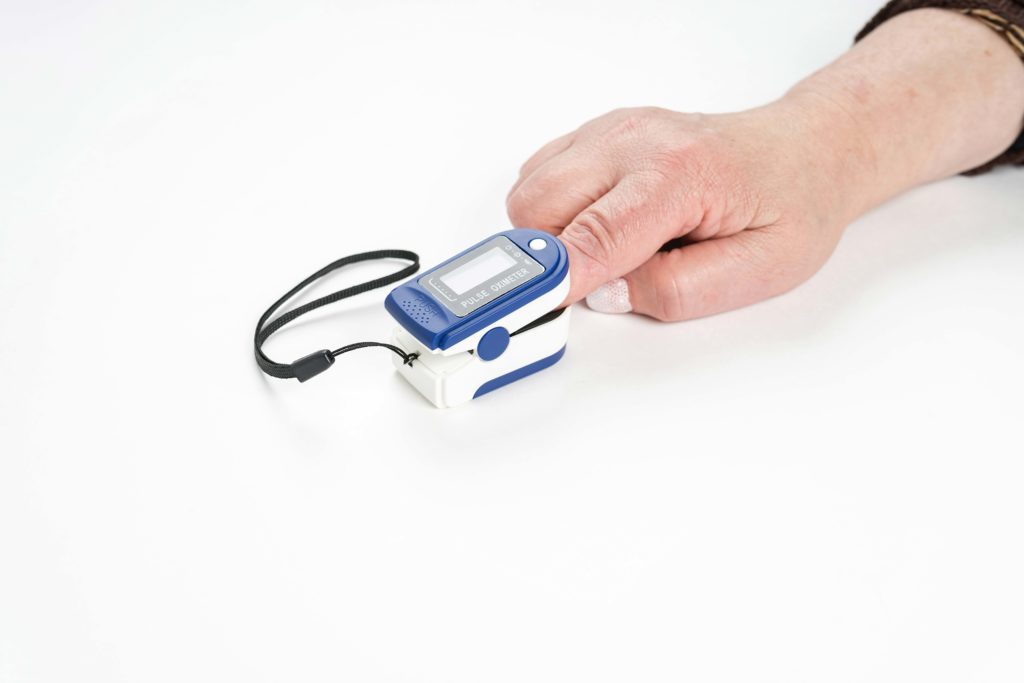Revised Geneva Score, rGeneva online calculator

Scales for assessing the clinical probability of PE are used in stable patients (without shock, without hypotension) with suspected pulmonary embolism. They allow you to determine the sequence of diagnostic procedures to confirm or exclude the diagnosis of pulmonary embolism.
Yes
No
Yes
No
Yes
No
Solid or hematologic malignant condition, currently active or considered cured < 1 year:
Yes
No
Yes
No
Yes
No
< 75 bpm
75-94 bpm
≥95 bpm
Yes
No
| Probability | Score | Range of points | Clinical advice |
|---|---|---|---|
| 0 | 0 | 0 | 0 |
| Points | ||
| Age > 65 | 1 | |
| Previous DVT or PE | 3 | |
| Surgery (under general anesthesia) or lower limb fracture in past month | 2 | |
| Active malignant condition Solid or hematologic malignant condition, currently active or considered cured < 1 year | 2 | |
| Unilateral lower limb pain | 3 | |
| Hemoptysis | 2 | |
| Heart rate | < 75 bpm | 0 |
| 75-94 bpm | 3 | |
| ≥95 bpm | 5 | |
| Pain on lower limb palpation and unilateral edema | 4 |
Interpretation of obtained results (clinical probability of PE)
| Probability | Points | Clinical advice |
| Low probability | 0–3 points | Perform D-dimer testing: -if D-dimer testing is negative consider stopping workup, -if D-dimer testing is positive consider CT-angiography |
| Intermediate probability | 4-10 points | Perform D-dimer testing: -if D-dimer testing is negative consider stopping workup, -if D-dimer testing is positive consider CT-angiography |
| High probability | ≥11 points | Consider CT-angiography |
Resources:
- Ceriani E, Combescure C, Le Gal G, Nendaz M, Perneger T, Bounameaux H, Perrier A, Righini M. Clinical prediction rules for pulmonary embolism: a systematic review and meta-analysis. J Thromb Haemost. 2010 May;8(5):957-70. doi: 10.1111/j.1538-7836.2010.03801.x. Epub 2010 Feb 2. PMID: 20149072.
- Le Gal G, Righini M, Roy PM, Sanchez O, Aujesky D, Bounameaux H, Perrier A. Prediction of pulmonary embolism in the emergency department: the revised Geneva score. Ann Intern Med. 2006 Feb 7;144(3):165-71. doi: 10.7326/0003-4819-144-3-200602070-00004. PMID: 16461960.
- Klok FA, Kruisman E, Spaan J, Nijkeuter M, Righini M, Aujesky D, Roy PM, Perrier A, Le Gal G, Huisman MV. Comparison of the revised Geneva score with the Wells rule for assessing clinical probability of pulmonary embolism. J Thromb Haemost. 2008 Jan;6(1):40-4. doi: 10.1111/j.1538-7836.2007.02820.x. Epub 2007 Oct 29. PMID: 17973649.
- Penaloza A, Verschuren F, Meyer G, Quentin-Georget S, Soulie C, Thys F, Roy PM. Comparison of the unstructured clinician gestalt, the wells score, and the revised Geneva score to estimate pretest probability for suspected pulmonary embolism. Ann Emerg Med. 2013 Aug;62(2):117-124.e2. doi: 10.1016/j.annemergmed.2012.11.002. Epub 2013 Feb 21. PMID: 23433653.
Register on our website right now to have access to more learning materials!
ClinCaseQuest Featured in SchoolAndCollegeListings Directory
Exciting News Alert! We are thrilled to announce that ClinCaseQuest has been successfully added to…
We presented our experience at AMEE 2023
AMEE 2023 took place from 26-30 August 2023 at the Scottish Event Campus (SEC), Glasgow,…
We are on HealthySimulation – world’s premier Healthcare Simulation resource website
We are thrilled to announce that our Simulation Training Platform “ClinCaseQuest” has been featured on…
Baseline Cardiovascular Risk Assessment in Cancer Patients Scheduled to Receive Cardiotoxic Cancer Therapies (Anthracycline Chemotherapy) – Online Calculator
Baseline cardiovascular risk assessment in cancer patients scheduled to receive cardiotoxic cancer therapies (Anthracycline Chemotherapy)…
National Institutes of Health Stroke Scale (NIHSS) – Online calculator
The National Institutes of Health Stroke Scale (NIHSS) is a scale designed to assess the…
SESAM 2023 Annual Conference
We are at SESAM 2023 with oral presentation “Stage Debriefing in Simulation Training in Medical…











